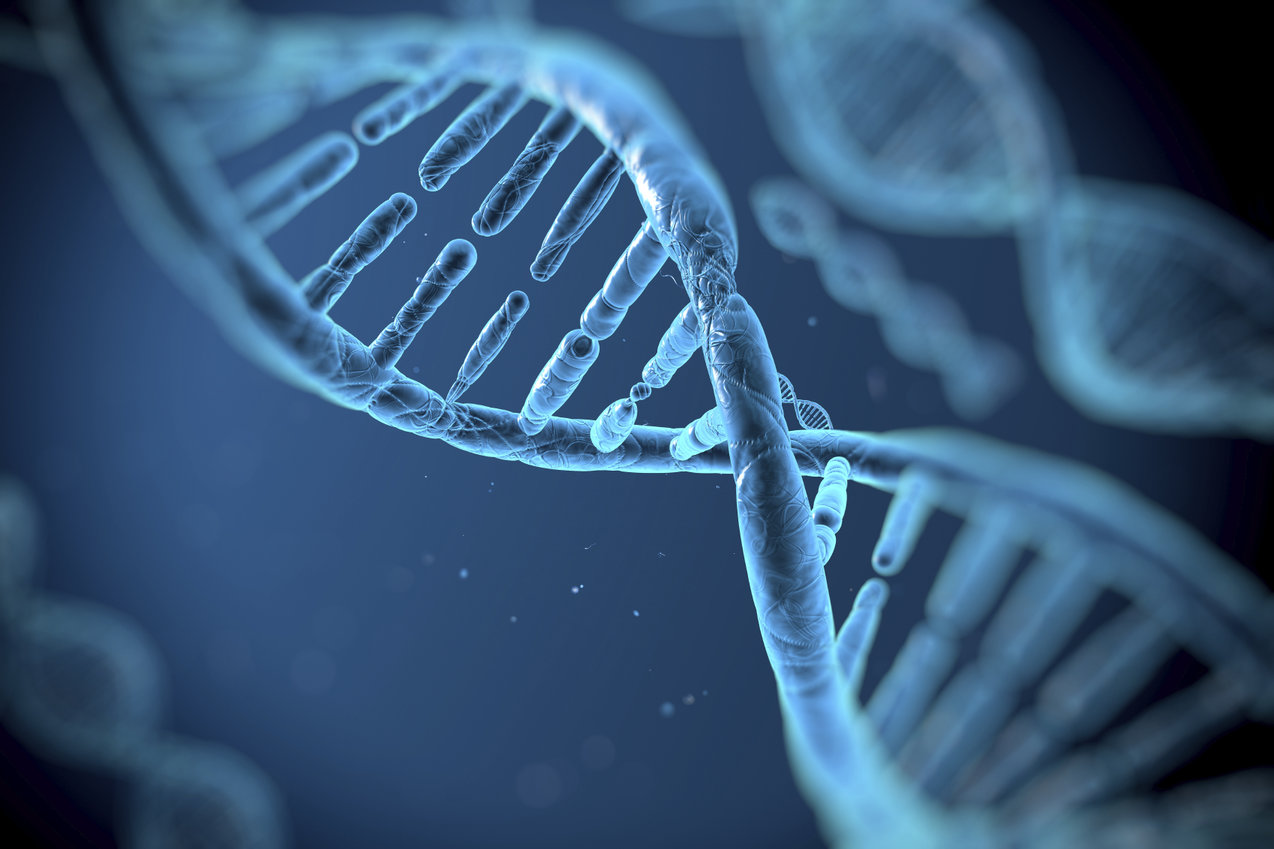Natural Remedies for Your Menopause Symptoms
Olive Oil Benefits For Menopause Health
Olive oil benefits for a healthy heart are well-known. That's probably why olive oil has been a mainstay of the Mediterranean diet for millennia.
But in addition to protecting your heart, studies show consuming olive oil benefits menopausal women by helping prevent strokes.
In one study from the University of Bordeaux in France, researchers suggested that olive oil would be an inexpensive and easy way to help prevent strokes in people over 65.
They looked at the medical records of 7,625 people aged 65 and older who had no history of stroke. Olive oil consumption was categorized as "no use," "moderate use," or "intensive use."

Moderate use meant using olive oil in cooking or as a dressing or with bread. Intensive use included using olive oil for both cooking and as a dressing or with bread. The study participants mainly used extra virgin olive oil, as that is 98% of what is available in France.
After a little over five years, those who regularly used olive oil for both cooking and as a dressing had a 41% lower risk of stroke compared to those who never used olive oil in their diet. (A 1.5% risk in six years compared to a 2.6% risk.)
It's not clear which particular elements of olive oil are protective. It's possible olive oil benefits health indirectly by making other healthy foods tastier.
Olive Oil Benefits Appear at the Genetic Level

Other studies show olive oil works its magic at the genetic level by turning off genes that are associated with heart disease and inflammation.
So even if you inherit some bad genes from your parents and grandparents, you are not doomed to suffer the same heart disease or stroke they did.
A healthy diet can modulate the effects of your bad genes.
In a Spanish study scientists worked with three groups of healthy volunteers. One group followed a traditional Mediterranean diet with virgin olive oil rich in polyphenols. A second group followed the same diet with a lower grade of olive oil low in polyphenols. The third group followed their regular diet.
Polyphenols are micronutrients in olive oil. Virgin olive oil has particularly high levels of polyphenols.
After just three months, the virgin olive oil group showed improvement in genes related to atherosclerosis or hardening of the arteries, as well as coronary heart disease.
Earlier researchers at the University of Cordoba in Spain concluded that eating a diet rich in virgin olive oil like the Mediterranean diet also represses pro-inflammatory genes through the action of olive oil's polyphenols. They suggested taht this anti-inflammatory action explains in part the reduced risk of cardiovascular disease seen in people who eat a Mediterranean diet.
The researchers conducted a study of 20 patients with metabolic syndrome, a condition associated with increased risk of cardiovascular disease and type 2 diabetes. They were able to identify 98 genes which behaved differently based on the amount of virgin olive oil consumed compared to lower quality olive oil.
Several genes that promote inflammation were repressed by the phenol-rich extra virgin olive oil. The researchers believe that diet can switch the activity of immune system cells to a less inflammatory state.
What olive oil benefits mean for you.
First, replace the vegetable fats in your diet, like corn oil, vegetable oils, or sunflower oil, with olive oil.
Second, quality counts. Definitely buy the extra virgin olive oil and don't be fooled by the lower-priced varieties.
Click here for a quick guide to what olive oil labels mean.
And here's a great recipe for a healthy Dijon vinaigrette dressing using extra virgin olive oil.
Click here to learn how to choose the best olive oil.





